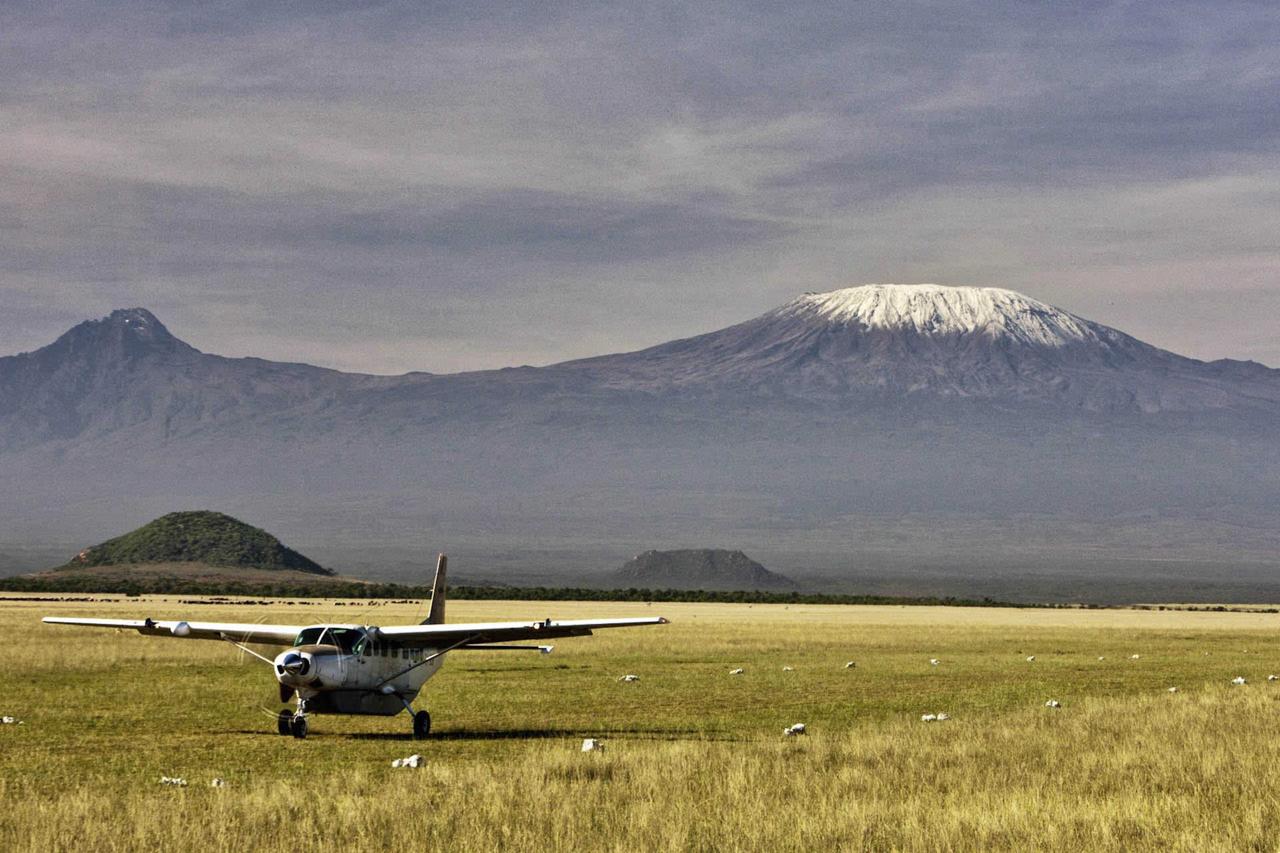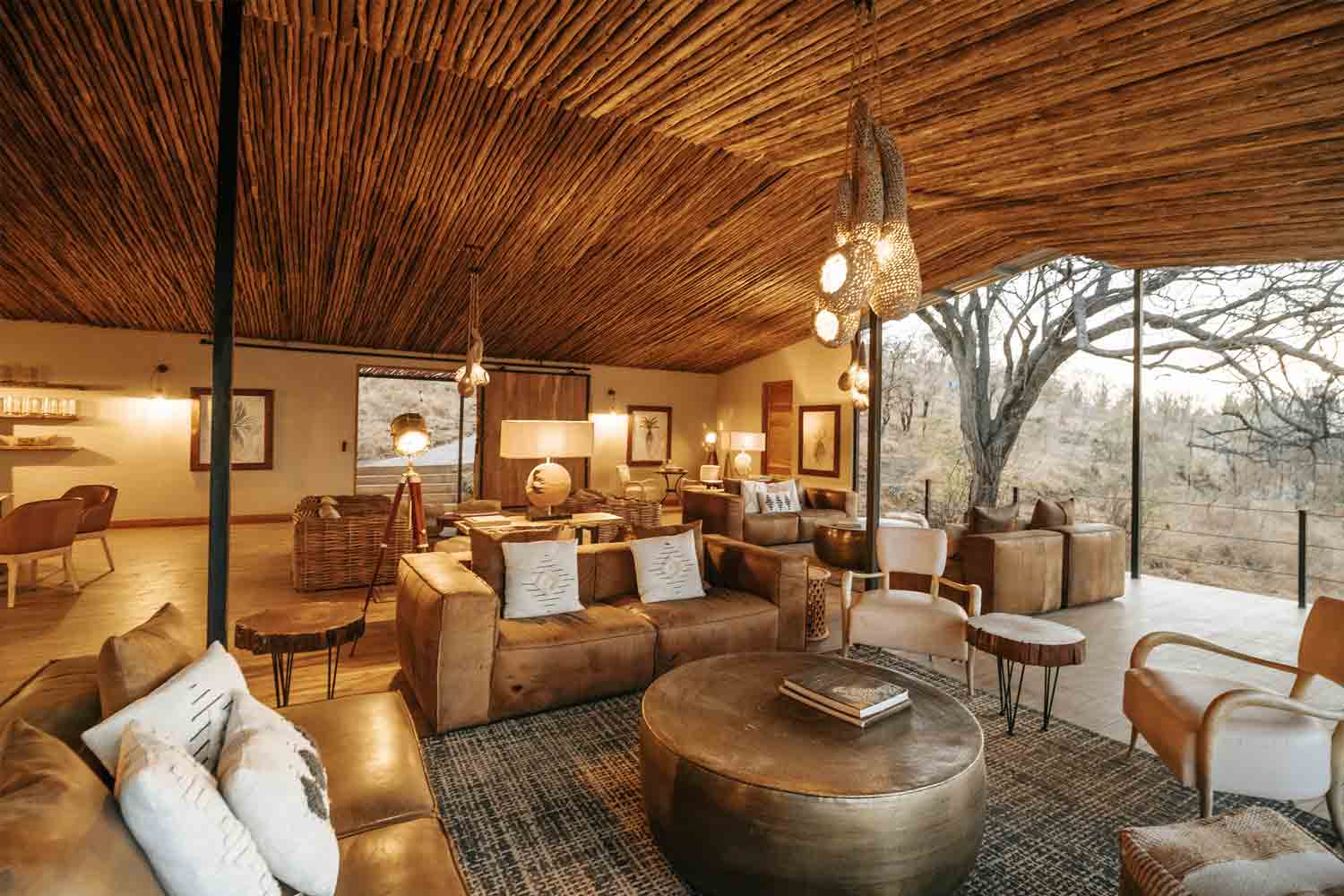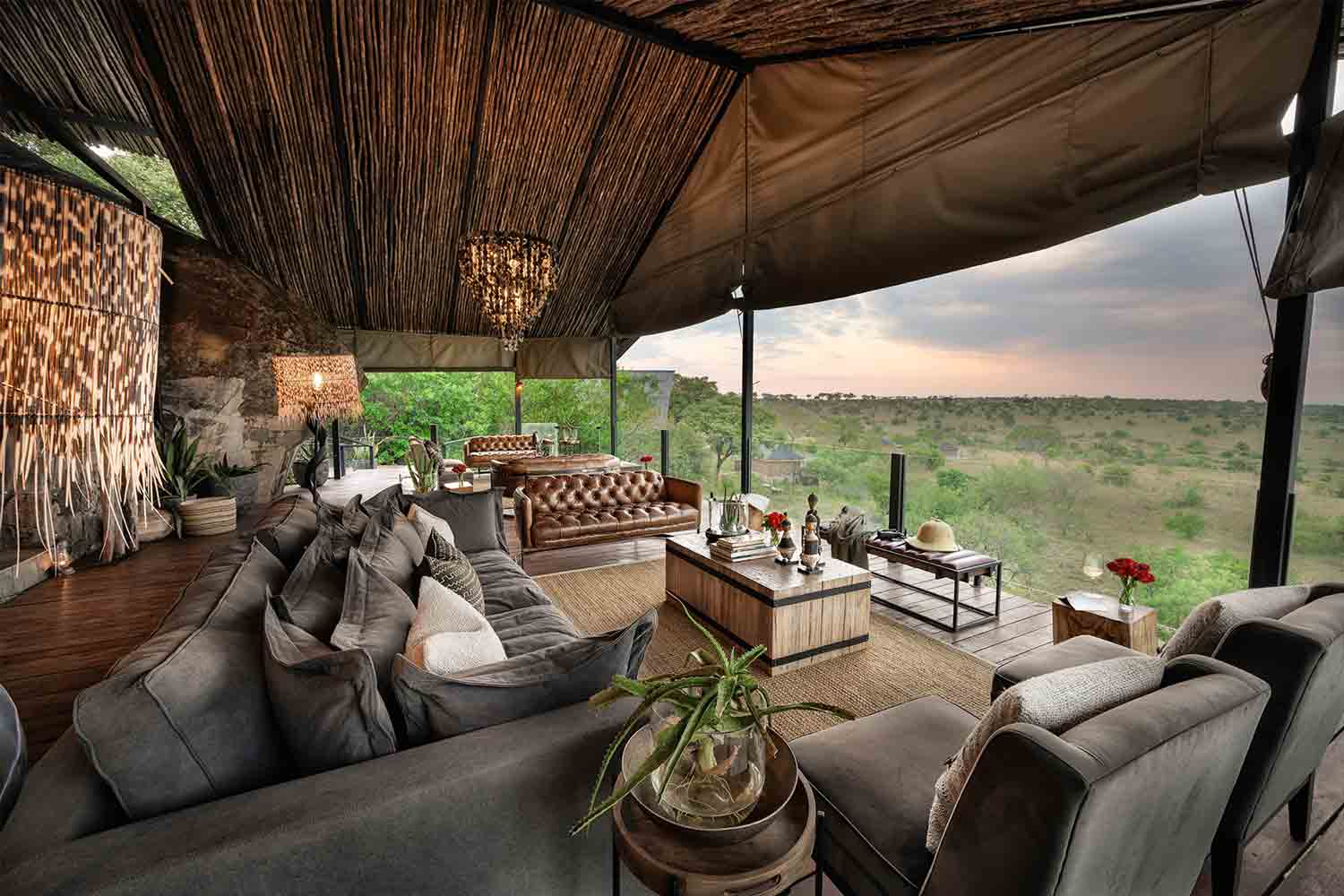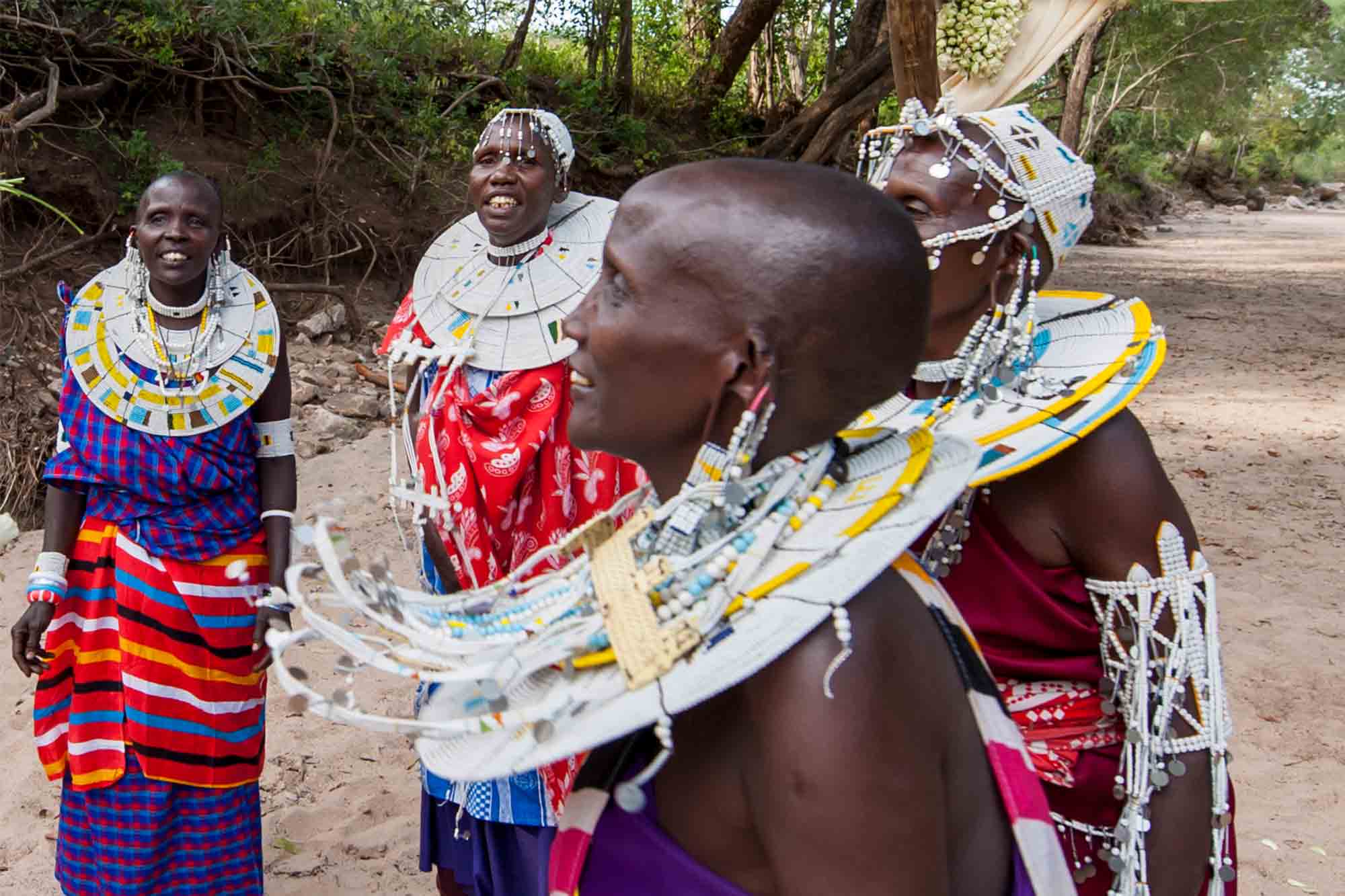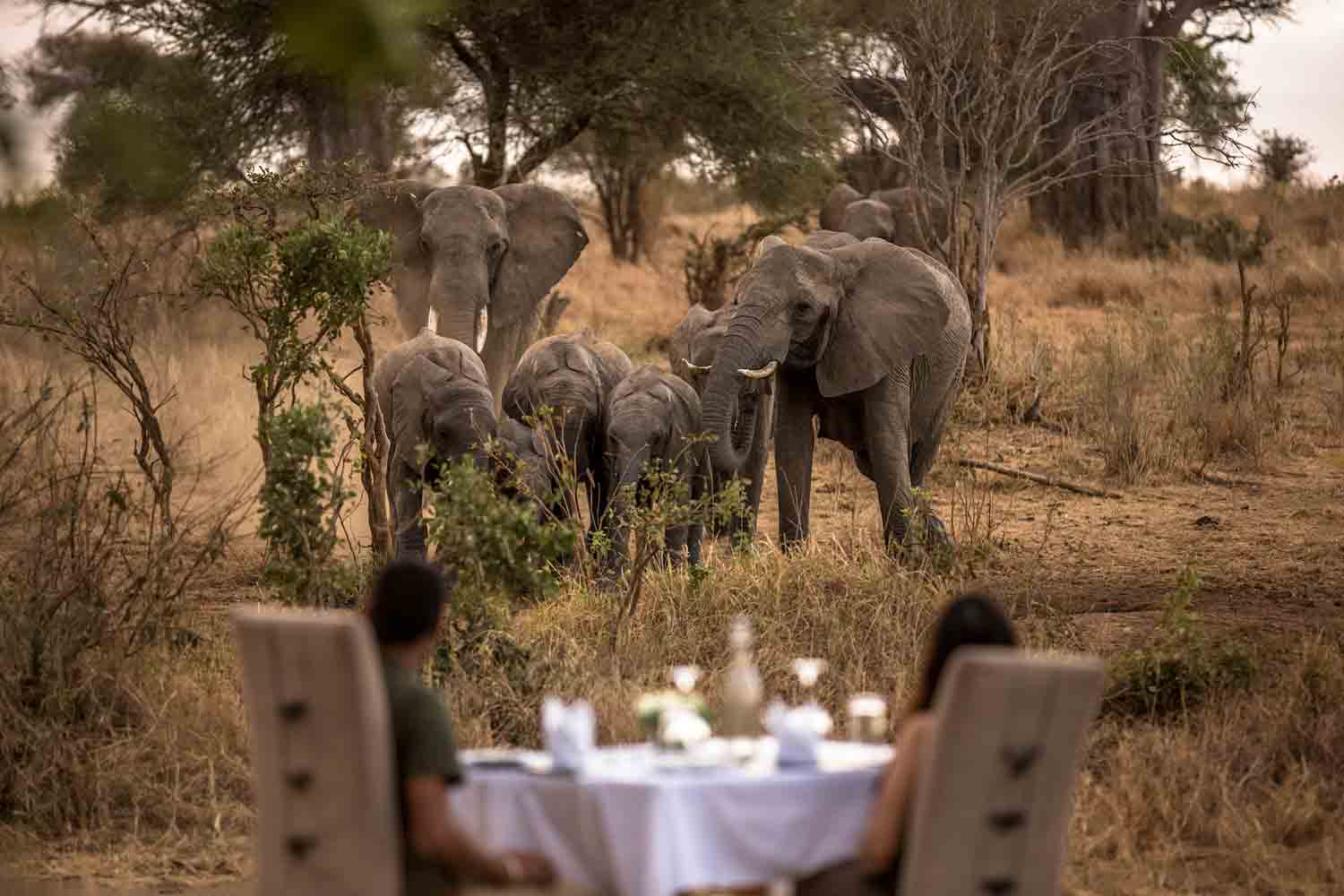JOURNAL
What to expect from a night drive at Mt Kilimanjaro
As the sun sets over Tarangire, a hidden world emerges, filled with creatures rarely seen during the daylight hours that hunt under the cover of darkness. Eerie calls echo across the wilderness and ghostly silhouettes move silently through the bush as diurnal animals seek places of safety and nocturnal predators begin to prowl... Come with us and explore this magical realm and feel your senses tingle with anticipation on a Mt Kilimanjaro night drive...
Experiencing a night drive in Tanzania is a wonderful bonus because most of the national parks do not allow them. Here at Mt Kilimanjaro we are able to offer you the option of either going out onto our private reserve after sundowners before dinner or heading out on an after-dinner drive. Night drives are privately booked so the choice is yours!
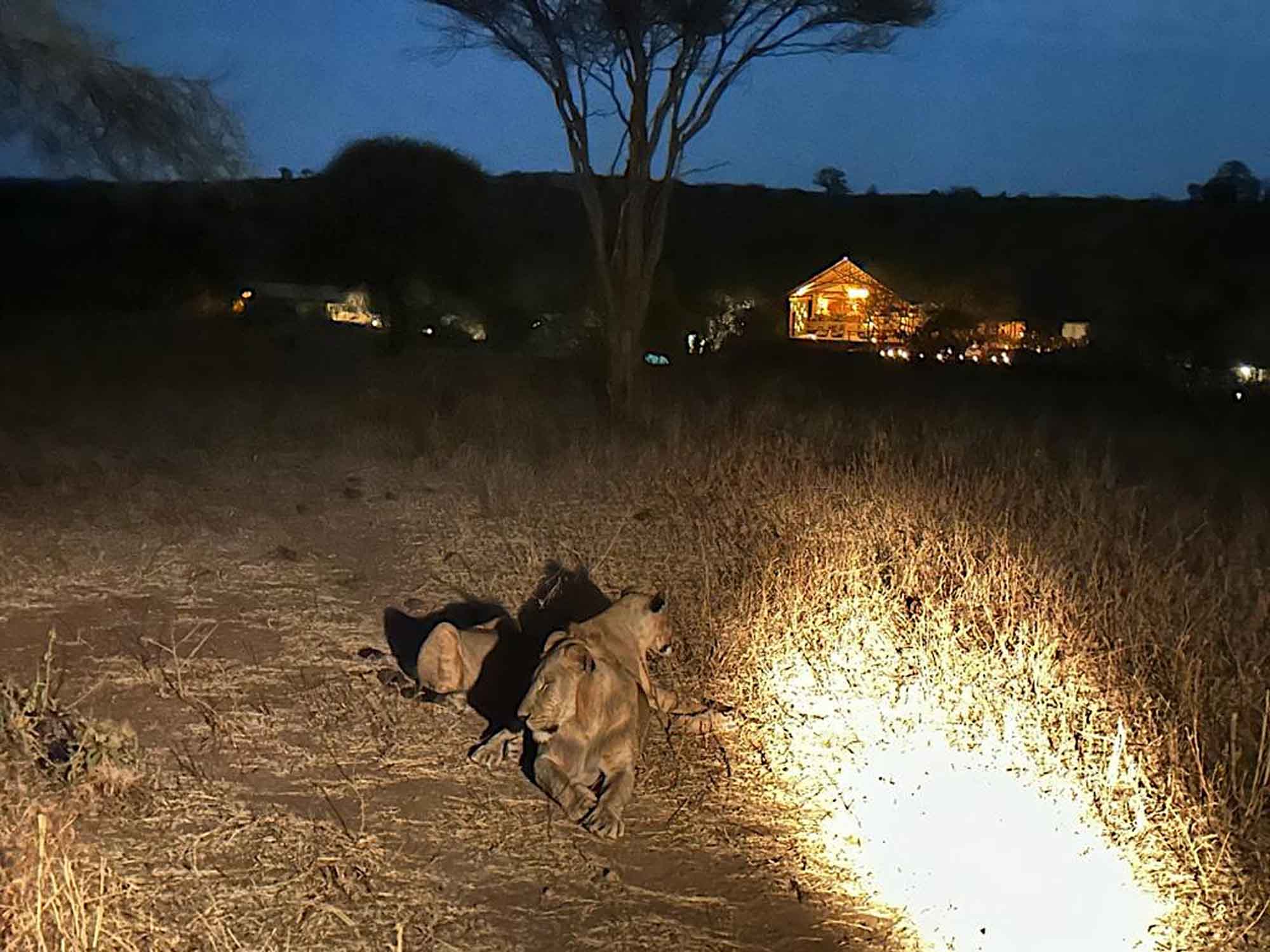
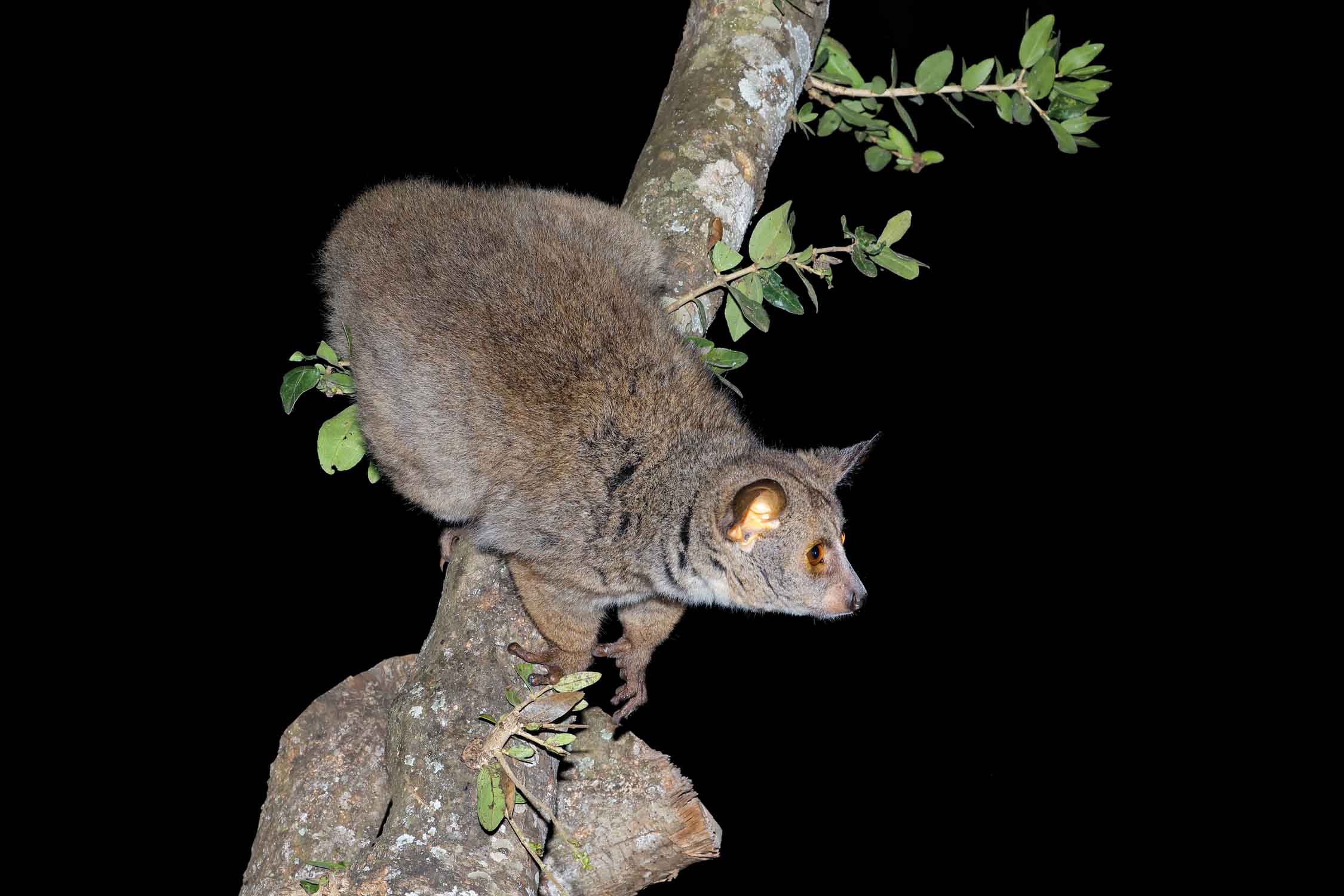
There really is nothing quite like a night drive, which offers a unique and thrilling perspective on wild Africa and adds an additional layer of wonder to a traditional, daytime safari experience. Your guide takes you out with a powerful spotlight that picks up the eye reflections and movements of animals, giving you a sneak peek at what happens once the sun does down, and the "lights" go out!
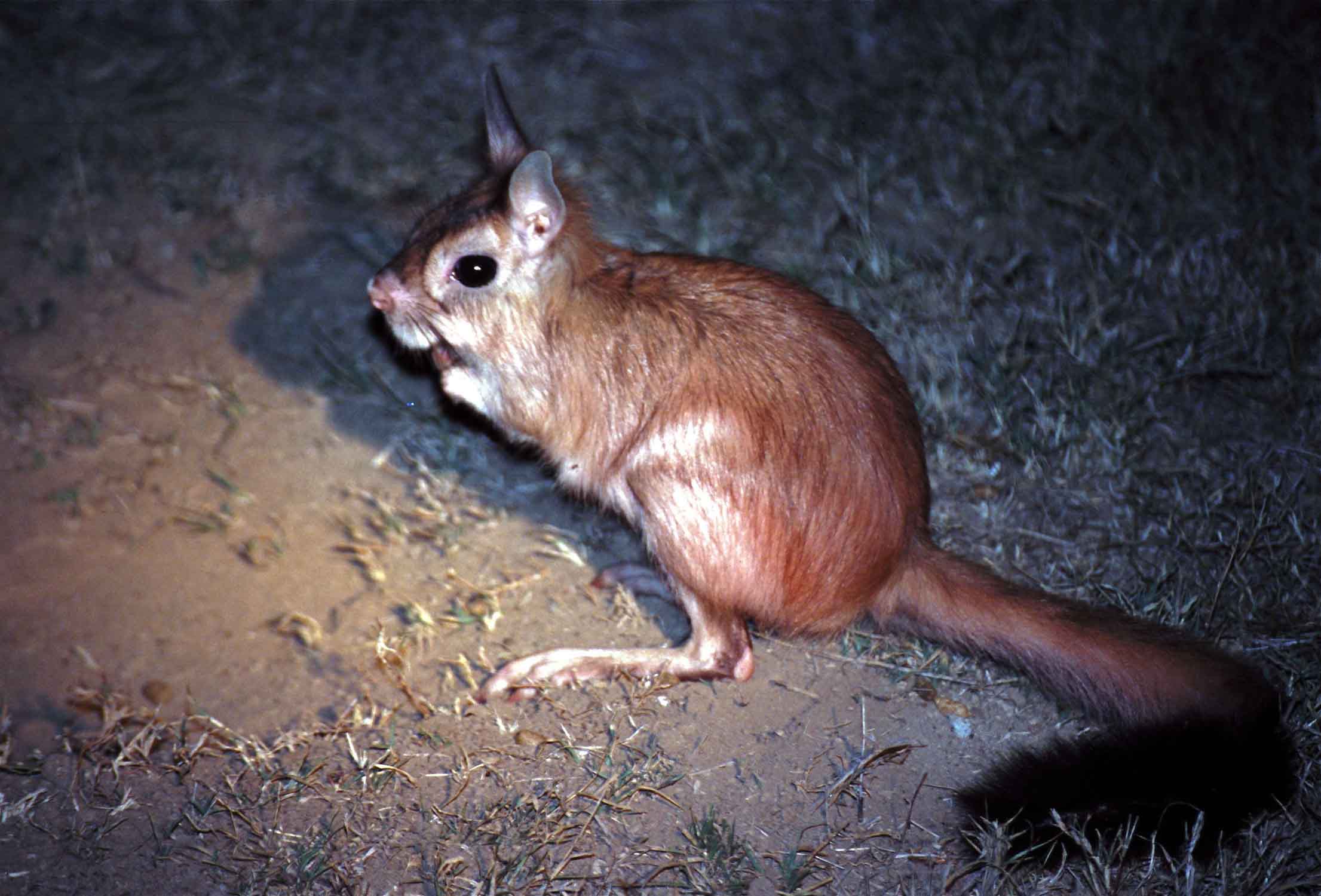
What makes it special? For a start you get the chance to see animals you wouldn't normally see on a morning or afternoon drive, or on a walking safari. Bush babies, springhares, civets, nightjars and owls are all night-time specialists, along with small carnivores like genets, servals and white-tailed mongooses - all of which are plentiful around Mt Kilimanjaro. You may even spot the elusive pangolin!
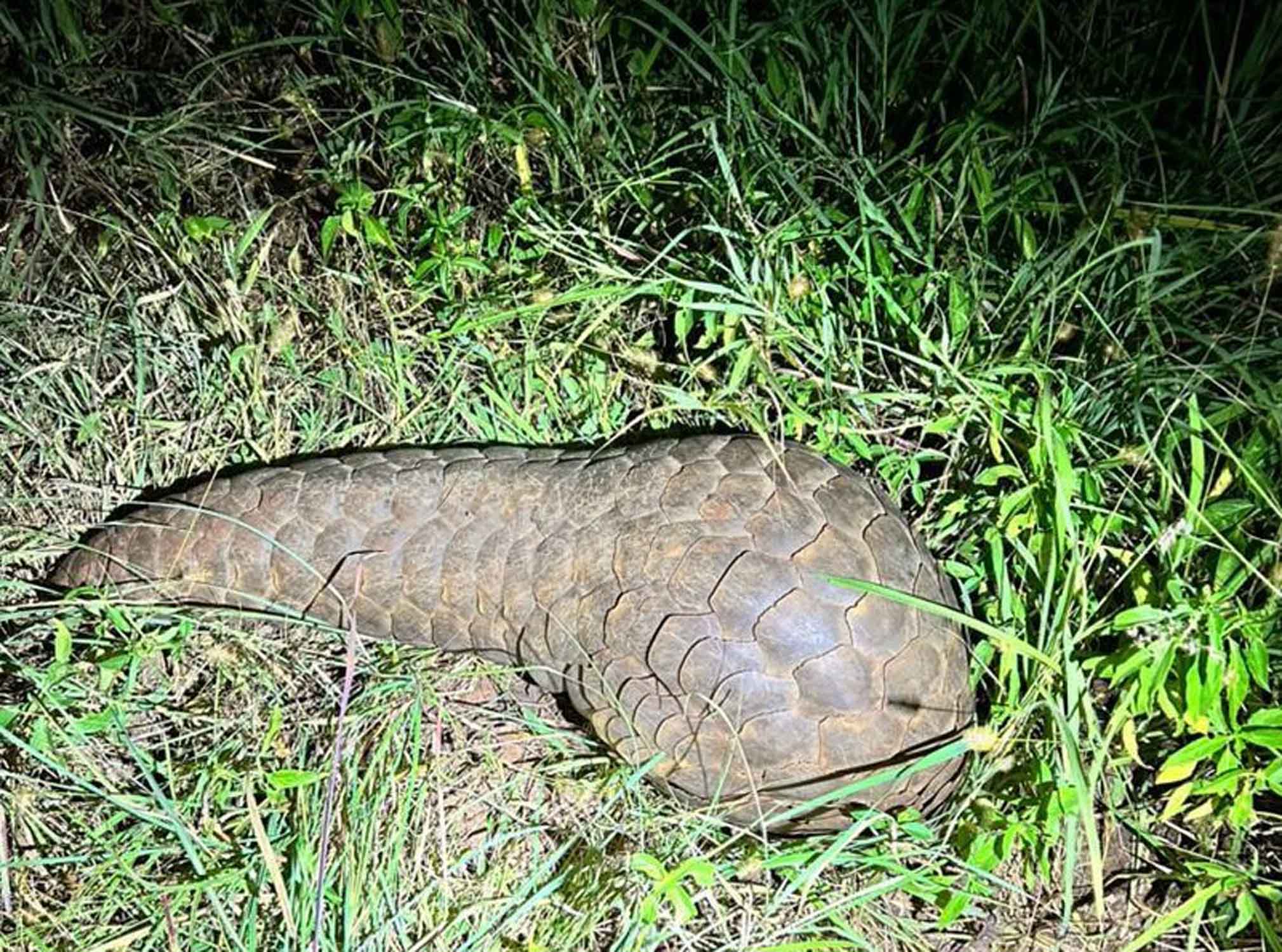
Then there's the big cats. While we often see lion and leopard during the day, it's during the night that they become the most active and do the majority of their hunting. Picking up the glowing eyes of a pride of lions in the spotlight is goosebump-inducing, and getting to follow them on the hunt is a rare privilege. Likewise, witnessing a leopard's stealth as it stalks its prey is truly breathtaking.
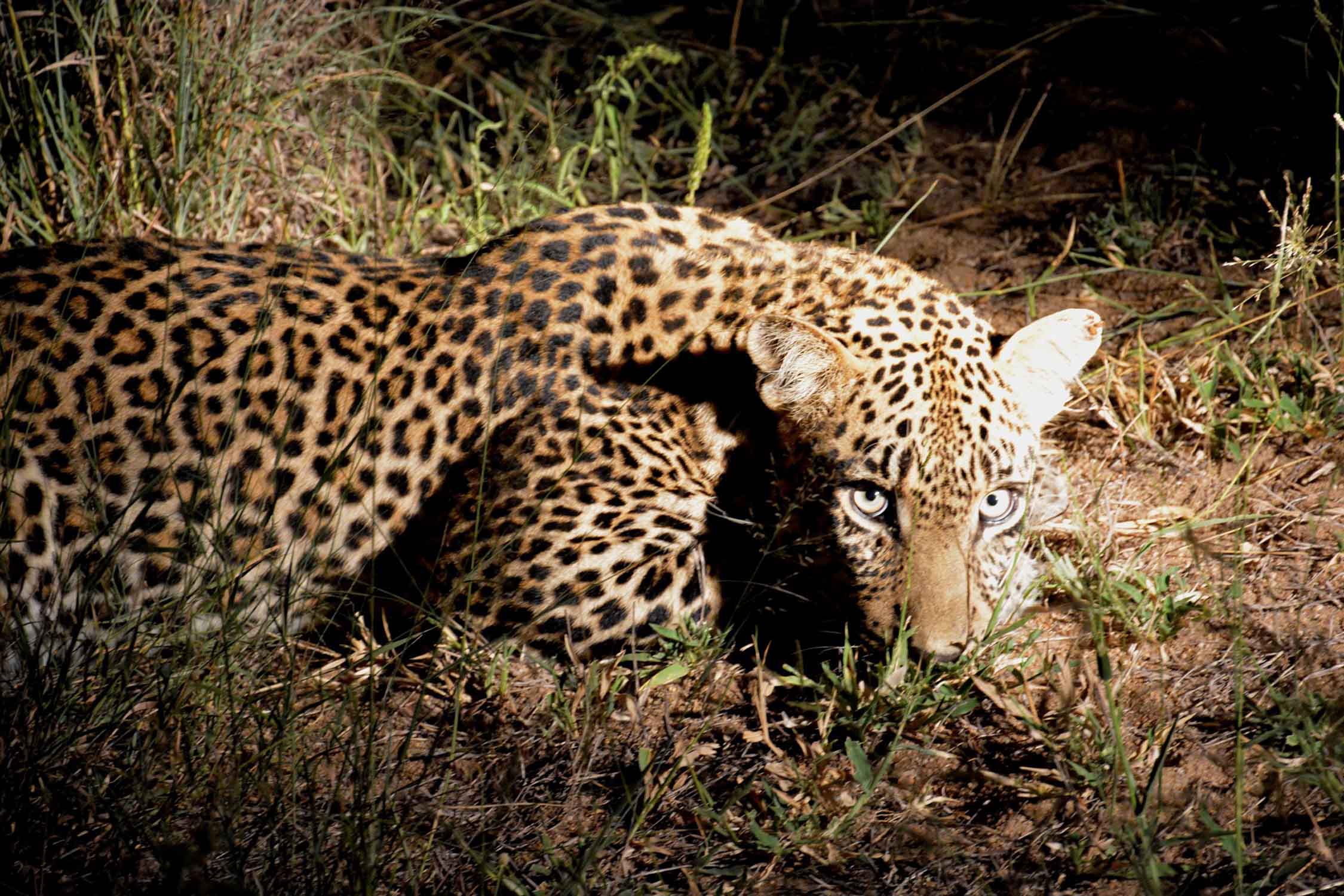
The African night comes with surround sound too, with the daytime cacophony of birdsong replaced by a different kind of musical accompaniment - the haunting call of the hyena, the hooting of owls and chirping of crickets and a myriad insects, the rasping, saw-like call of the leopard and the incredible, spine-tingling roar of a distant lion. In the summer you also have the constant, almost electronic sound of frogs and the deep boom of bullfrogs around waterholes.
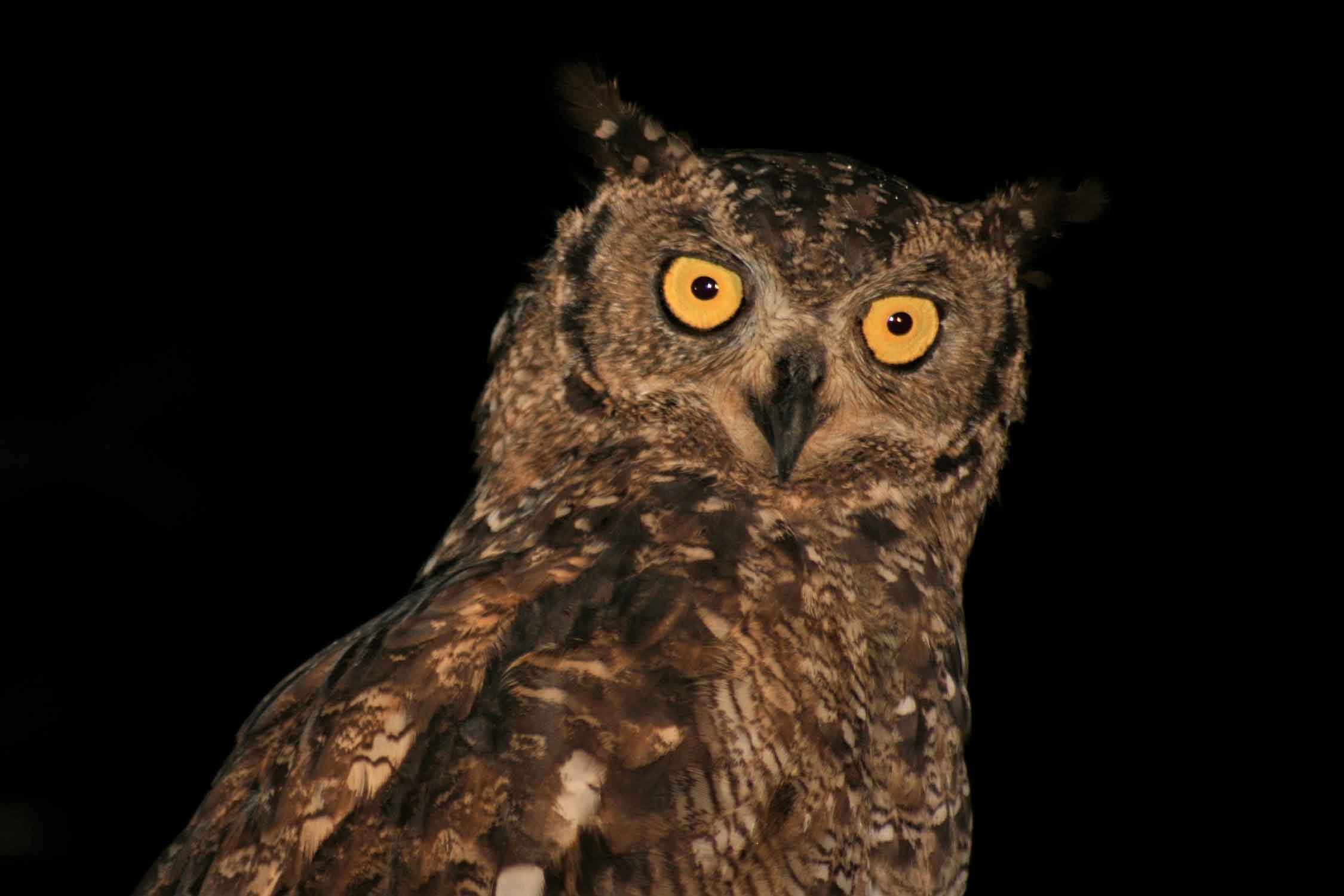
The night-time scents are somehow different too as certain species of plants and trees that depend on pollination from nocturnal insects like moths fill the air with their pheromones, providing a road-map for those that flit and flutter. The ground itself also smells more "earthy" and rich, thanks to dew and moisture that's released as the temperatures fall.
Looking up as you explore the savannah by night gives you perhaps the biggest and most humbling insight into life on our incredible planet... The African night sky is simply awe-inspiring, with the stars of the Milky Way spread out above you like billions of sparkling diamonds and ethereal, shimmering candy floss thrown across a sheet of black velvet.
If you'd like to do some stargazing, your guide will find a good place to stop, switch off the engine and invite you to just sit silently and appreciate the stillness and majesty of the corner of the galaxy we call home. It's a wonderful way to spend some time, with your guide showing you prominent constellations and celestial landmarks.
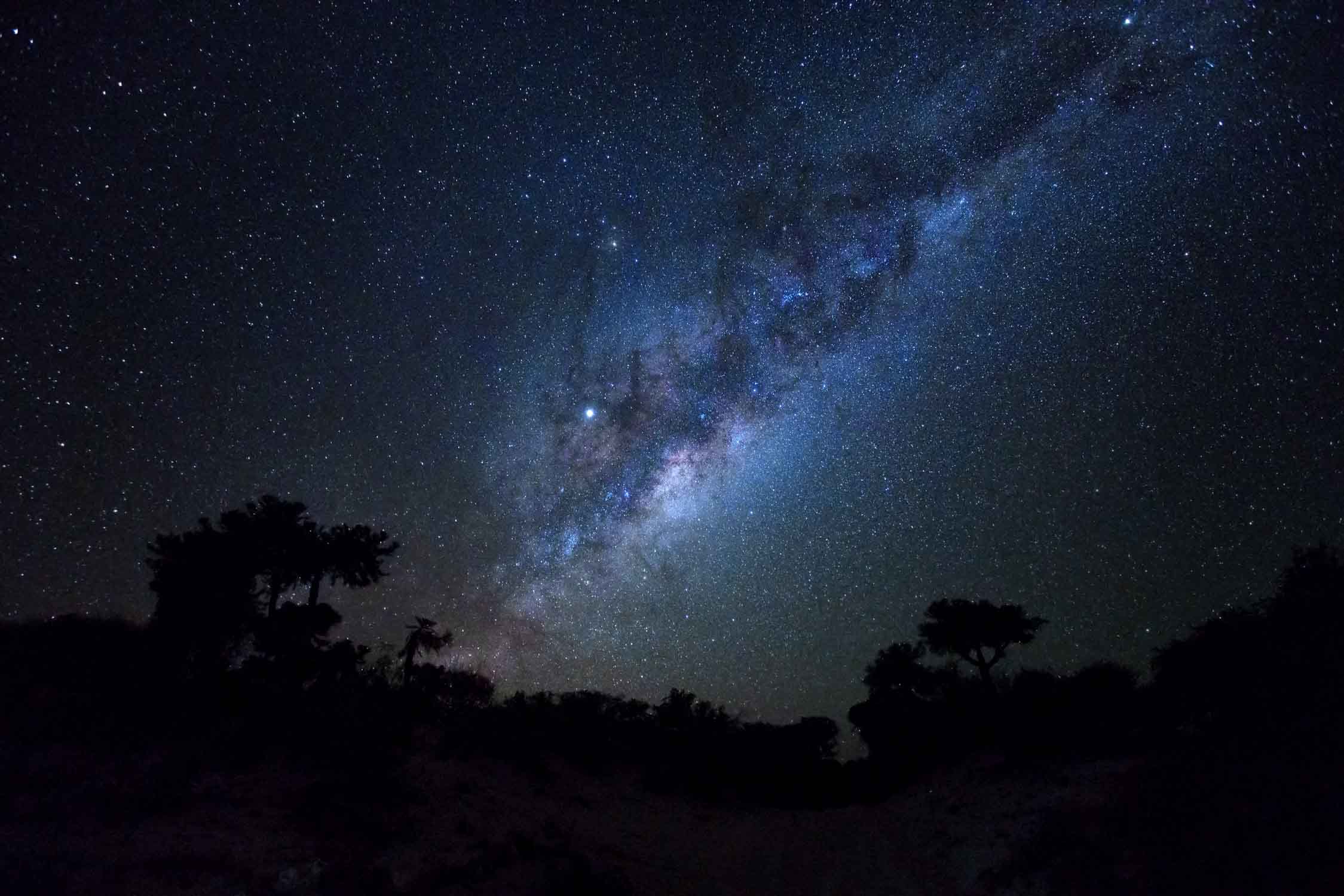
Returning to Mt Kilimanjaro, you feel somehow more alive and more understanding of the delicate balance of life in the wilderness and what it takes to survive in the wild. And completely in awe of the almost mystical power of nature. And that's what a Safari for the Senses is all about!

